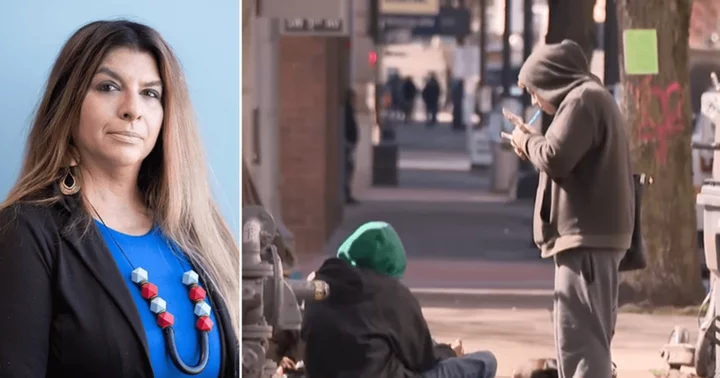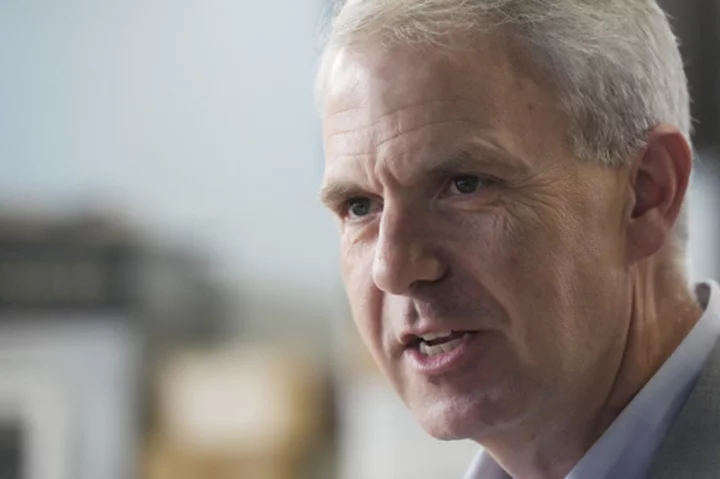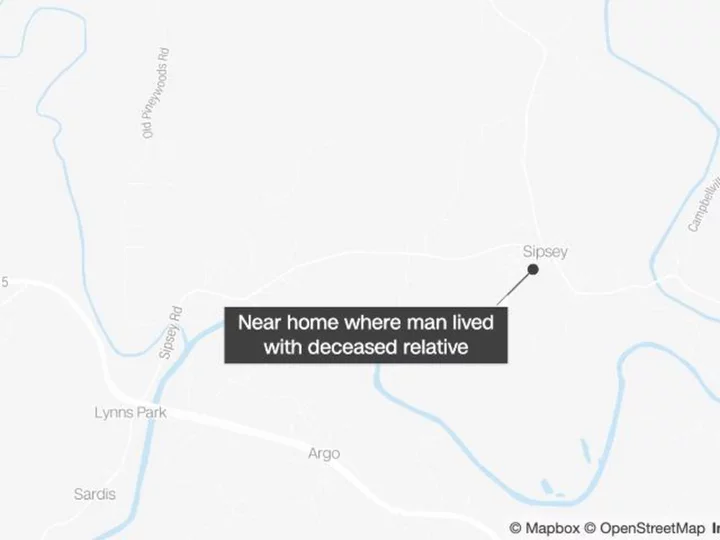PORTLAND, OREGON: The city of Portland is facing a growing fentanyl and drug epidemic, prompting authorities to launch a controversial harm reduction program. The Multnomah County Health Department has unveiled plans to distribute aluminum foil, straws, glass pipes, and snorting kits to fentanyl smokers in an effort to engage individuals who may not seek help otherwise.
Addressing changing drug use habits
Jessica Guernsey, the health director, highlighted the program's focus on addressing the shift in drug consumption patterns, stating, "The new part of the program is that we're adding supplies for people who smoke drugs." She emphasized the increasing prevalence of fentanyl being smoked by users. According to Multnomah County spokesperson Sarah Dean, the rise in fentanyl smokers has resulted in a significant drop in visits to clinics for injection tools and syringes, which the city currently provides for free. Guernsey explained, "We've seen a shift from injection drug use to smoking drug use, so that we can engage people who may not otherwise engage in services."
However, the harm reduction program has faced strong opposition from Portland residents and city leaders who believe it enables the ongoing drug crisis. Mayor Ted Wheeler voiced his disapproval, expressing concerns about public safety and advocating for increased investment in treatment and sobering facilities. He stated, "This misguided approach also results in greater risk to public safety for those who simply want to enjoy our city without walking through a cloud of toxic smoke. Our community would benefit more from the County using its funding to urgently increase treatment and sobering facilities rather than actively enabling this deadly epidemic."
Shifting stances
Wheeler had initially proposed criminalizing public drug use but withdrew the proposal after the passage of HB 2645 in the Oregon Legislature. The bill now criminalizes possession of more than a gram of fentanyl, leading Wheeler to believe that local ordinances are no longer necessary. "In consultation with local law enforcement and our City Attorney, we believe that HB 2645 addresses our primary concerns about the public health crisis unfolding on our streets, and it restores necessary law enforcement tools that were envisioned in my own ordinance," Wheeler said, referring to the bill criminalizing possession of fentanyl. "Therefore, it is no longer necessary to pass an ordinance at the local level, and I will be withdrawing my proposed ordinance. The City will instead focus on effectively implementing HB 2645," the Portland mayor added.
That said, regarding the proposal to distribute drug kits to fentanyl addicts, Wheeler told the Willamette Weekly that he couldn't disagree more. "I adamantly oppose distributing paraphernalia to encourage using a drug that is the leading cause of death for Americans under 50 and responsible for 190 fatal overdoses a day in the US," Wheeler told the local paper.
Response from program supporters
Responding to the criticism, Sarah Dean argued that increasing access to supplies does not encourage illegal drug use but rather provides safer options for those who are already using. She stated, "Increasing access does not encourage illegal drug use but rather provides those who already partake with safer options." Dean further explained the benefits of building relationships with individuals actively using substances. "Building relationships with people actively using substances also gives our department more insight into emerging public health issues that impact this population," she told KOIN. "We are able to directly hear from our clients when there are concerning changes to the drug supply, increased wound issues, or other related issues that are of public health concern." Guernsey also defended the program, highlighting the evidence-based approach to harm reduction. She stated, "I follow the science, and the science tells us that programs like syringe exchange and harm reduction save lives."
While the county health team maintains that the program is vital in addressing the drug crisis, Portland residents are increasingly frustrated. Recent polls conducted by People for Portland, a conservative advocacy group, reveal that more than two-thirds of voters support the idea of forcing drug addicts into rehab to clear the streets. Additionally, three-quarters of respondents view the homelessness crisis in the city as an "out-of-control disaster." The majority also supported Wheeler's proposal to ban daytime camping throughout the city, as well as full-time bans near schools and daycare centers. However, the ban -- effective since June 30 -- faced delays in enforcement due to inadequate communication with the homeless population, per the Daily Mail.
Who is Jessica Guernsey?
Jessica Guernsey, MPH, is the Public Health Director and Local Public Health Administrator (LPHA) for Multnomah County.
With nearly two decades of experience at the Multnomah County Health Department, Guernsey has held various roles, including Public Health Educator, Operations Manager, and Deputy Director for the Public Health Division. She played a crucial role in coordinating the county's response to the H1N1 flu virus outbreak and has led initiatives supporting maternal, child, and family health. Guernsey holds a Master's in Public Health from Portland State University.









